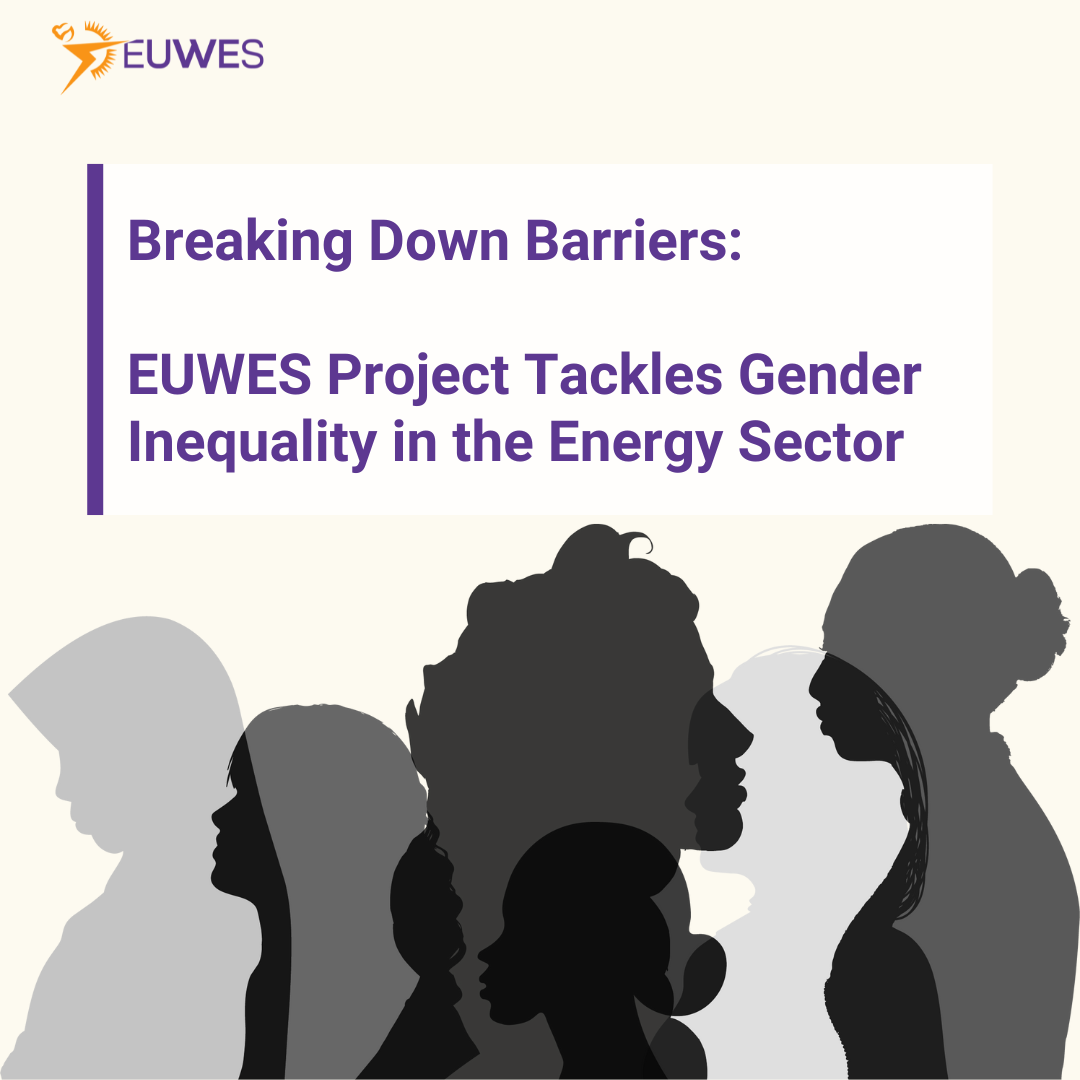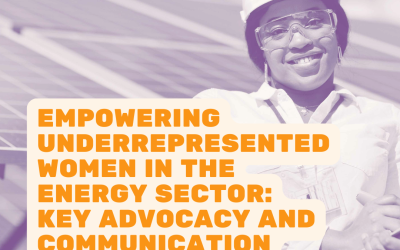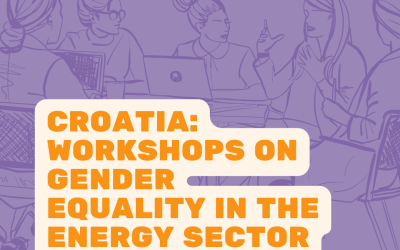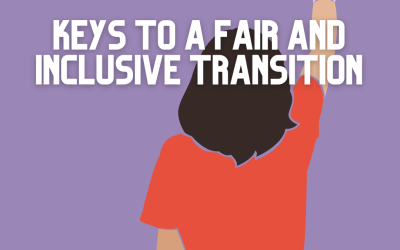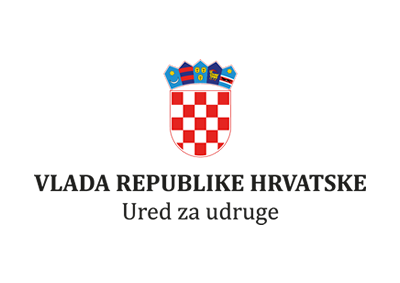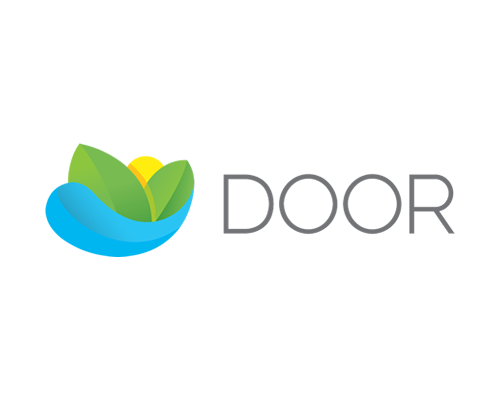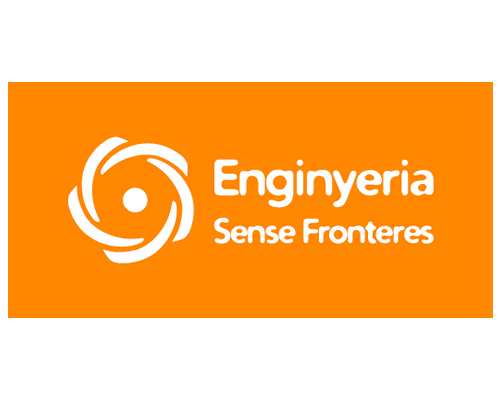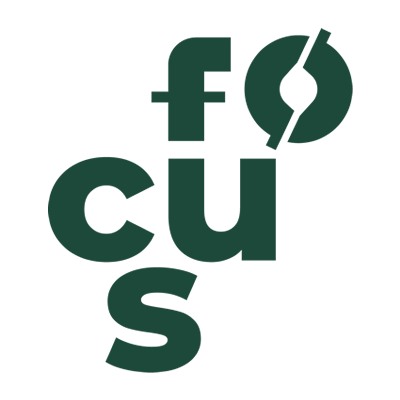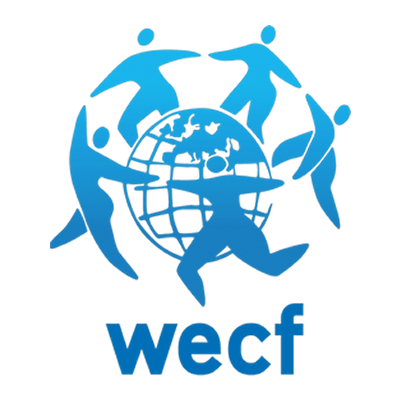The EUWES initiative is designed to raise awareness about the gender gap and foster a more inclusive energy sector. Its ultimate goal is to empower women as active agents of change, particularly in addressing challenges related to energy transition, gender justice, and climate action. A key component of the project is Deliverable 2.3, which includes training materials specifically developed to remove gender stereotypes and empower women working or studying in the energy field.
Despite comprising 39% of the global workforce, women represent only 16% of employees in the traditional energy sector, according to the International Energy Agency (IEA). This disparity extends beyond mere representation—women in the energy sector face a gender pay gap of 20% and are disproportionately affected by energy poverty, all while playing a limited role in domestic energy decision-making. However, a new project, “Empowering Underrepresented Women in the Energy Sector” (EUWES), aims to change this dynamic by promoting gender equality in the energy industry.
Partnering with Enginyeria sense Fronteres (ESF), EUWES has developed three comprehensive training programs aimed at specific groups of beneficiaries: female students in technical fields, female employees and managers, and mixed group of female students and women.
These training programs aim to create a more participatory environment where attendees actively engage in discussions, contribute ideas, and help shape collective responses to issues within the sector. Trainers are encouraged to create a safe and inclusive space, where all contributions are respected and validated unless objectively incorrect.
The training materials will be implemented in Croatia, Germany, Slovenia, and Spain. However, the curriculum is designed to be easily adapted and replicated in other countries.
One of the key objectives of the EUWES project is to dismantle long-standing gender stereotypes that have kept women marginalized in the energy sector. The initiative encourages participants to rethink their roles, not just as workers but as leaders in energy transition and gender equality. The training sessions are accessible, requiring no prior knowledge of energy or gender issues, although a foundational understanding of both can enhance the learning experience.
To support these efforts, the project has created a glossary of key concepts related to energy, gender, and feminism, available in Annex I of the handbook. This resource provides participants with the theoretical background necessary to engage fully in the training sessions, whether they are students just entering the field or professionals looking to make a difference in their workplace.
As the energy sector undergoes significant transformation due to climate change and the need for renewable solutions, the EUWES project highlights the importance of bringing more women into the fold. By addressing gender disparities and empowering women to take leadership roles, this initiative is not just about equity but about tapping into the full potential of a diverse workforce to drive the global energy transition.
The hope is that through training, mentorship, and active involvement, more women will break through the barriers that have historically excluded them from the energy industry. As they do, they will play a critical role in shaping a more inclusive, sustainable, and just energy future for all.
The EUWES project marks a significant step in this direction, challenging the status quo and providing women with the tools to become agents of change in the energy sector.
